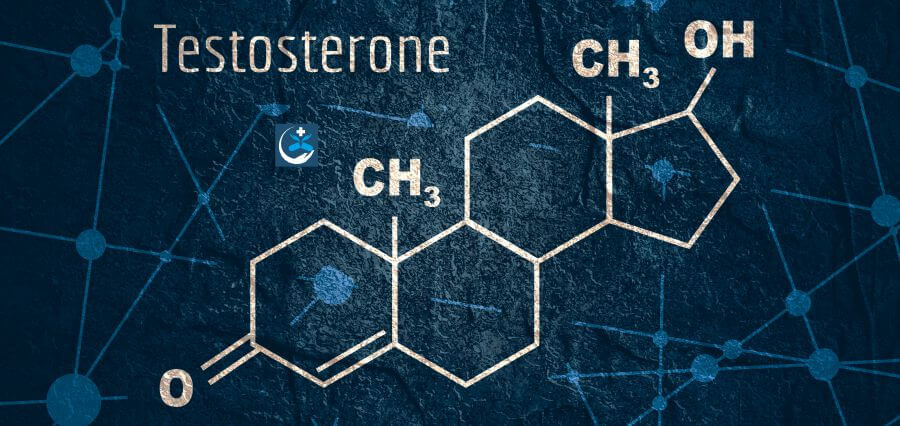A groundbreaking study led by researchers from The University of Western Australia, in collaboration with teams from Australia, Europe, and North America, has unveiled a significant association between low testosterone levels in men and an elevated risk of cardiovascular death and all-cause mortality.
Published in the Annals of Internal Medicine, the systematic review and meta-analysis examined 11 studies involving 24,000 male participants. The researchers aimed to clarify the impact of sex hormones on key health outcomes in aging men, shedding light on previous inconsistent findings.
The lead author, Professor Bu Yeap from UWA’s Medical School, stated that the findings revealed that men with very low baseline serum testosterone concentrations faced heightened risks of both cardiovascular death and all-cause mortality. Notably, the risk of all-cause mortality increased for men with testosterone levels below 7.4 nmol/L (213 ng/dL).
“Our research underscores the importance of understanding the impact of sex hormones on health outcomes, particularly in aging men,” Professor Yeap said.
An accompanying editorial from the University of Washington commended the study’s rigorous methodology, noting its use of individual patient data meta-analysis and mass spectrometry, considered the most accurate method for testosterone measurement.
“By obtaining raw data from nine of the included studies and re-analyzing it collectively, the research team was able to conduct a more comprehensive analysis with robust testing for associations,” Professor Yeap explained.
“This pioneering study marks a significant step forward in our understanding of the link between testosterone levels and mortality risks in men, offering valuable insights for future research and clinical practice.”
The study’s findings shed light on the crucial role of testosterone in men’s health and highlight the importance of monitoring and addressing low testosterone levels, especially in the aging male population. By providing a clearer understanding of the relationship between testosterone and mortality risks, this research paves the way for further investigations and potential clinical interventions to improve men’s overall health and longevity.
Read More: Click Here







